Introduction
Training a hunting dog is a blend of art, science, and companionship. This guide provides a comprehensive look into the foundations of hunting dog training, from understanding the basics to implementing essential training techniques.
Understanding Hunting Dog Breeds
- Breed Selection: Importance of choosing a breed that aligns with your hunting style and environment. Common hunting breeds include Labrador Retrievers, Pointers, and Spaniels.
- Breed Characteristics: Each breed has unique traits and abilities. Understanding these will help tailor a training program that leverages their natural instincts.
Basic Training Principles
- Early Socialization: Introduce your puppy to different environments, sounds, and people to develop a well-adjusted hunting dog.
- Basic Obedience: Foundation of all training. Commands like "sit," "stay," "come," and "heel" are essential for control in the field.
Implementing a Training Regimen
- Consistency is Key: Regular training sessions, preferably daily, to instill discipline and routine.
- Positive Reinforcement: Using rewards and praise to encourage desired behavior.
- Patience and Persistence: Training takes time. Patience and consistent reinforcement are crucial.
Advanced Training Techniques
- Scent Tracking: Training your dog to follow a scent trail. This is critical for hunting dogs, especially for breeds like hounds and pointers.
- Retrieving and Fetching: Teaching your dog to retrieve game without damaging it. This is vital for waterfowl and upland bird hunting dogs.
- Pointing and Flushing: For pointer breeds, training them to identify and mark game is essential.
Simulating Real Hunting Conditions
- Field Trials: Participate in mock hunting scenarios to provide real-life experience.
- Hunting Gear Familiarization: Acclimate your dog to boats, blinds, and gunfire.
- Water Work: For waterfowl dogs, ensure they are comfortable in and around water.
Problem-Solving in the Field
- Dealing with Distractions: Training your dog to focus amidst environmental distractions.
- Steadiness Training: Ensuring your dog remains calm and steady during the hunt.
Health and Nutrition
- Balanced Diet: Importance of a nutritious diet tailored to your dog's breed, age, and activity level.
- Regular Exercise: Keeping your dog physically fit through regular exercise, which is crucial for their stamina during hunting sessions.
- Veterinary Care: Regular check-ups, vaccinations, and preventive measures to ensure your dog's health.
Maintenance and Safety
- Grooming: Regular grooming to check for ticks, injuries, and maintain coat health.
- Safety in the Field: Tips on protecting your dog from common hunting hazards.
- First Aid: Basic first aid knowledge for handling emergencies in the field.
Post-Hunt Care
- Rest and Recovery: Ensuring your dog has adequate rest after hunting excursions.
- Health Check: Post-hunt checks for injuries or signs of distress.
Conclusion
A well-trained hunting dog is a valuable and loyal partner in the field. This comprehensive guide serves as a roadmap to train, care for, and maintain your hunting companion, ensuring many successful hunts and a strong bond between you and your dog.









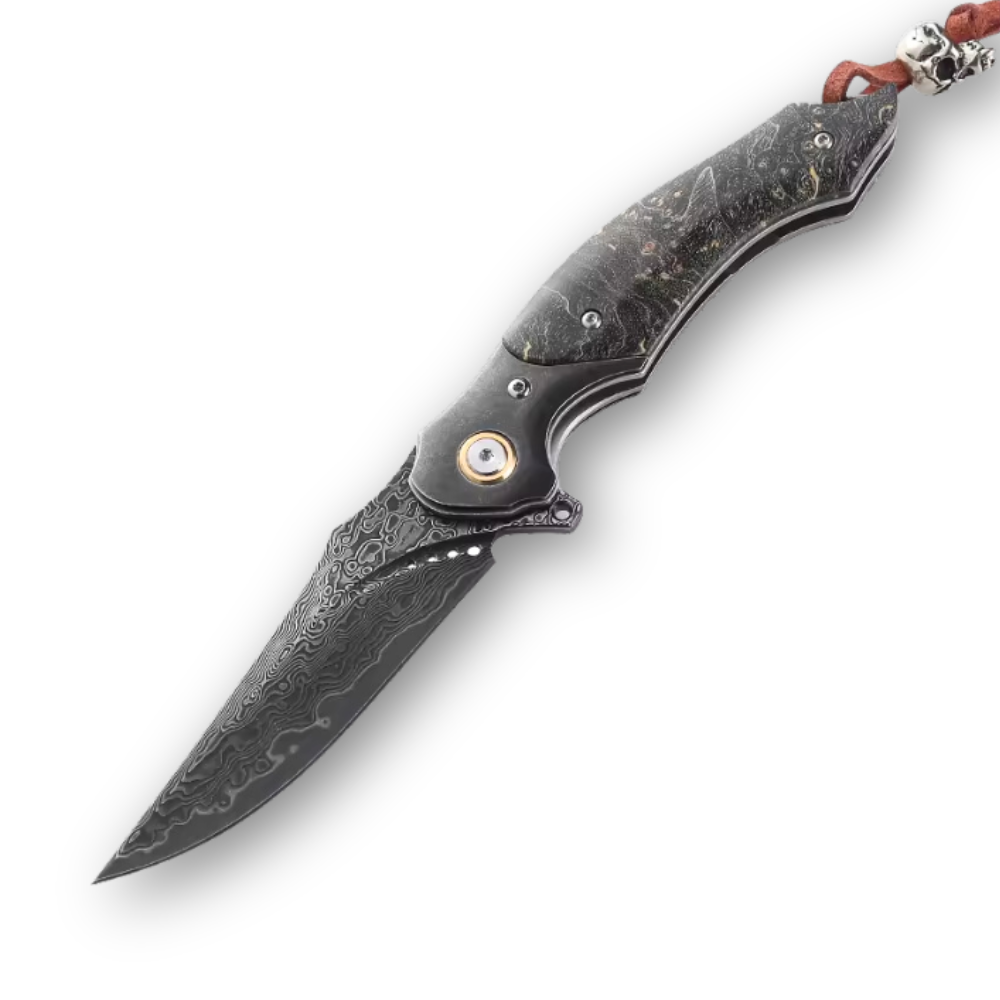










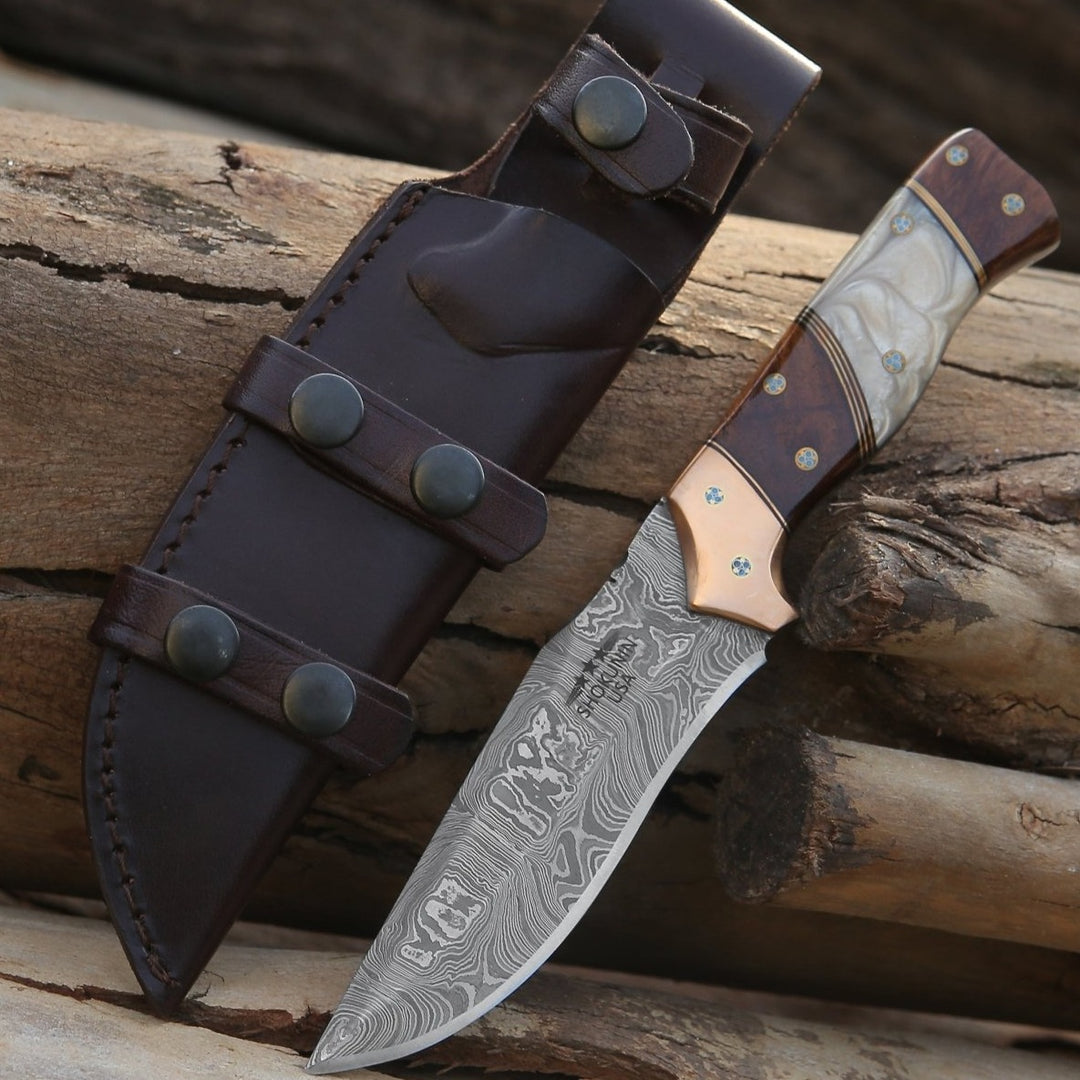
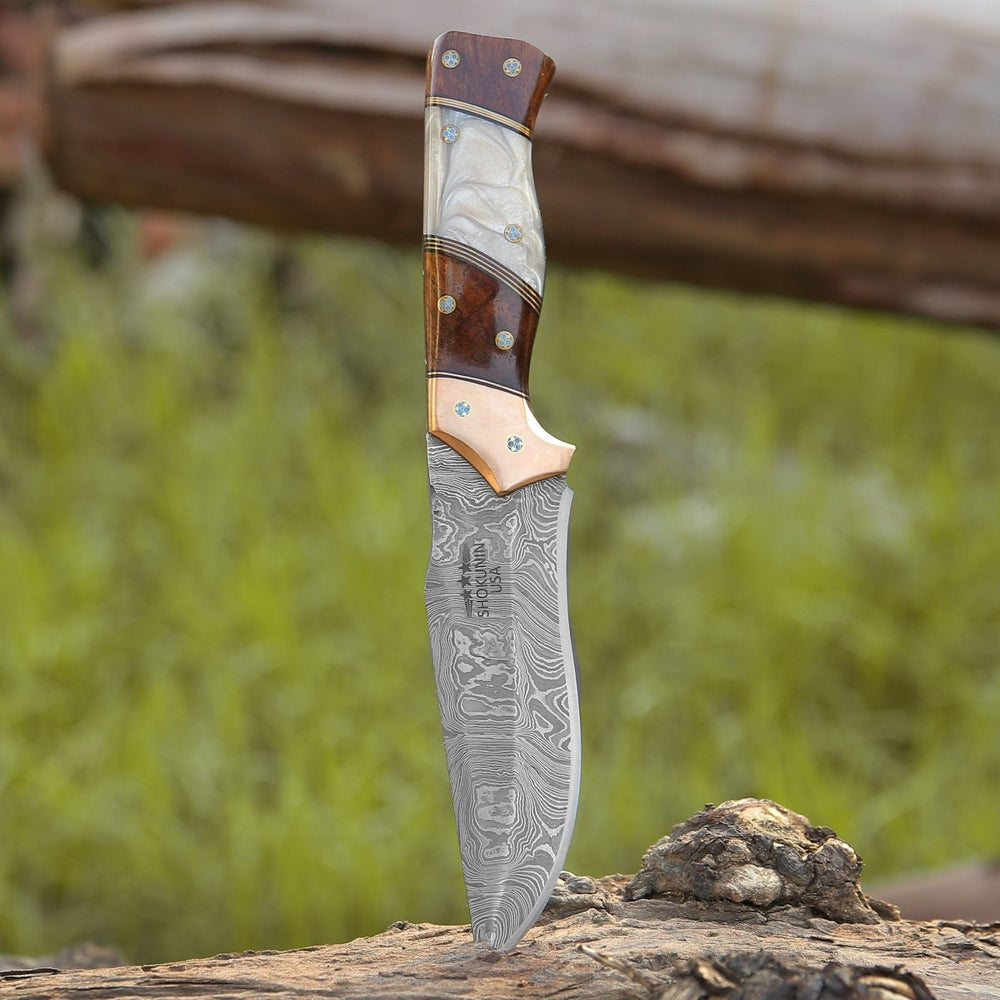


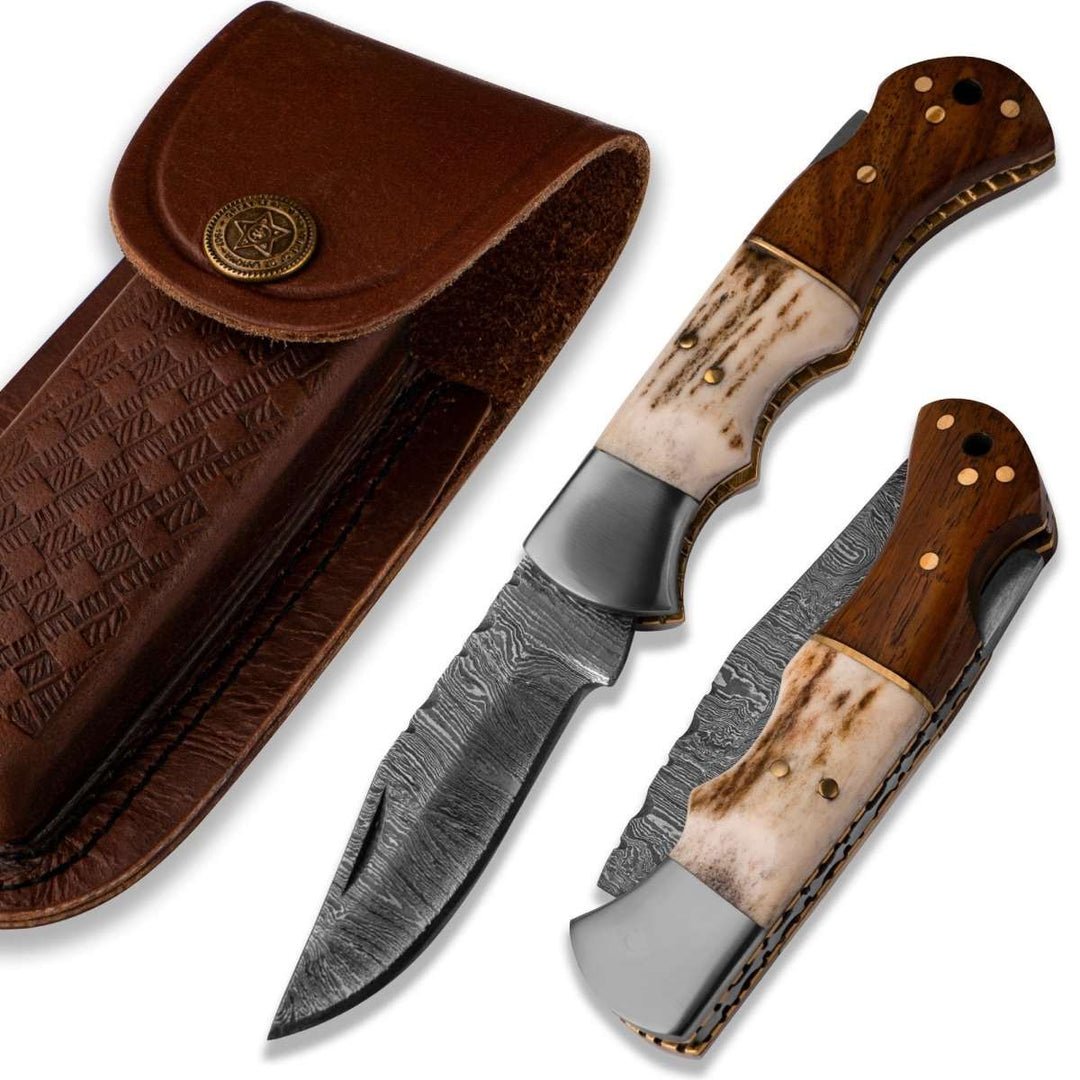
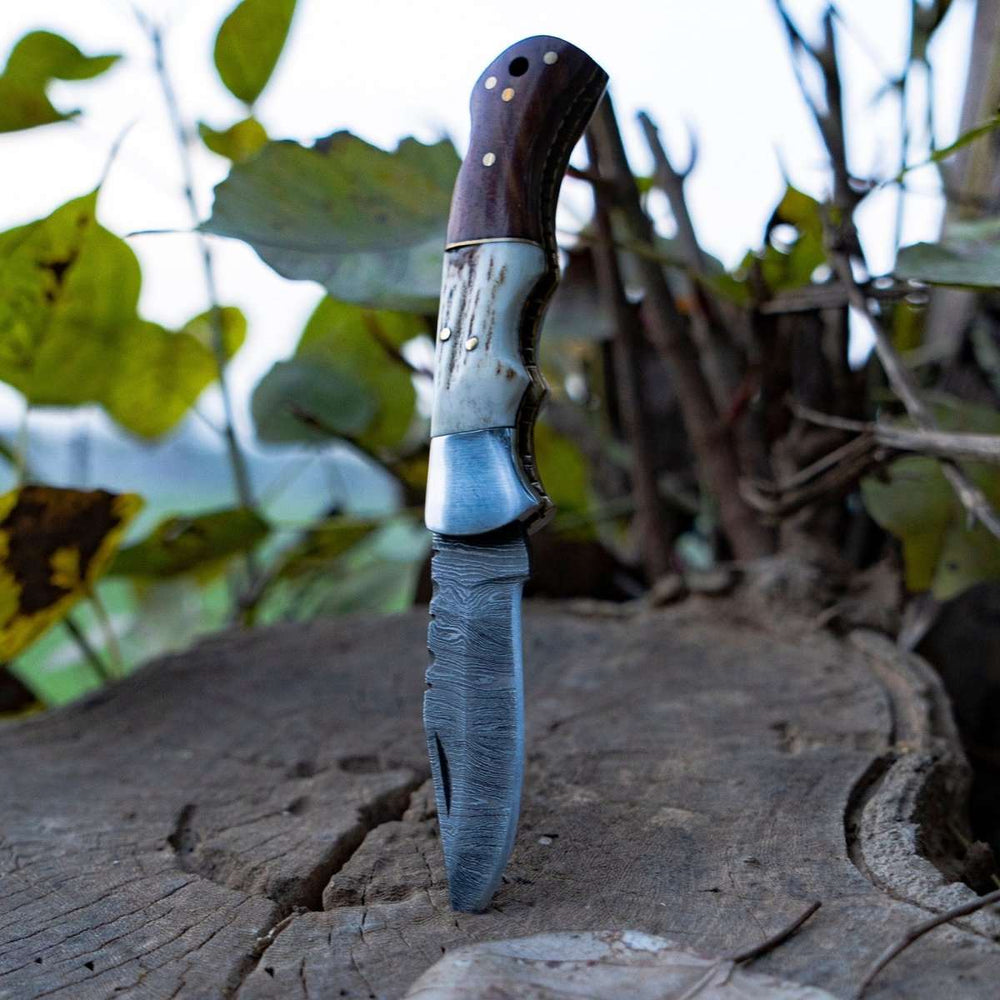




Laissez un commentaire